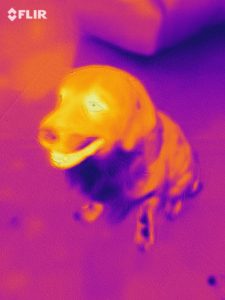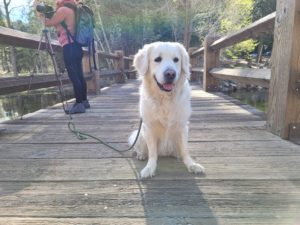Heating and air conditioning equipment requires filters to keep the heat exchangers and A-coil clean. If you did not filter the air through your equipment then dust, pet hair, and other air borne particles would collect on the equipment effectively insulating it from the air you are trying to heat or cool. The filters installed in your heating and cooling equipment are there for the equipment, not for indoor air quality.
Current code requires a minimum MERV 13 filter in new HVAC installations. MERV stands for Minimum Efficiency Reporting Values. There is also a Air Filter Pressure Drop requirement that a lot of people ignore with the MERV 13 filters. Code says all systems shall be provided with air filter (s) that conform to the applicable maximum allowable clean-filter pressure drop. Standard residential air handlers and duct system design is around 0.1 inch of pressure drop for the air filter device. Static pressure is important because high pressures typically mean higher energy use. The higher the pressure drop across the filter, the more energy the fan uses to pull air through that filter. And that fan energy use is only going to go up as the air filter becomes clogged with the debris it is meant to filter. Most MERV 13 filters start at 0.20 to 0.30 inch pressure drop across a clean filter, 2 to 3 times what standard systems are engineered at. Without proper design and care by your HVAC installer the system may end up using more energy and filtering less air due to reduced air flow from the more restrictive MERV 13 filter. This is not the best strategy for controlling indoor air quality every day of the year.
There is a measurable impact on indoor air quality but the purpose of the filter is to keep the heat exchanging equipment clean, not to clean the air. A good modern example of this would be heat pump water heaters. They have an air filter. The filters only purpose is to keep the coils the air passes over clean, not to provide clean air for a combustion process or ventilation.
Most people do not run their air conditioning or heating equipment 24/7/365. In coastal southern California some people go years without turning on the furnace or air conditioner. If the home is air sealed and insulated then the heating and cooling equipment should only run a small portion of the day which means the length of time the system runs will not be enough to filter all the air in the home. A good analogy would be having a pool but only running the pool pump for 2 hours per day instead of the required 8. You might save energy the 6 hours the pump is no longer running but the pool is going to look more like a pond, lilly pads and all. Same applies to the air in your home.
The answer is not to run your air conditioner longer, the answer is to get a stand alone high-efficiency particulate absorbing (HEPA) filter and put them in the sleeping spaces. There are many manufactures offering high quality low energy use stand alone air filters that can be programed to run at certain times or even to automatically adjust fan speed and run times based on occupancy or sensed pollutants in the air. Units like this are Energy Star and wifi connected so the app keeps track of when you need to change the filter.
Contact Anchors Aweigh Energy LLC with your Indoor Air Quality questions.



